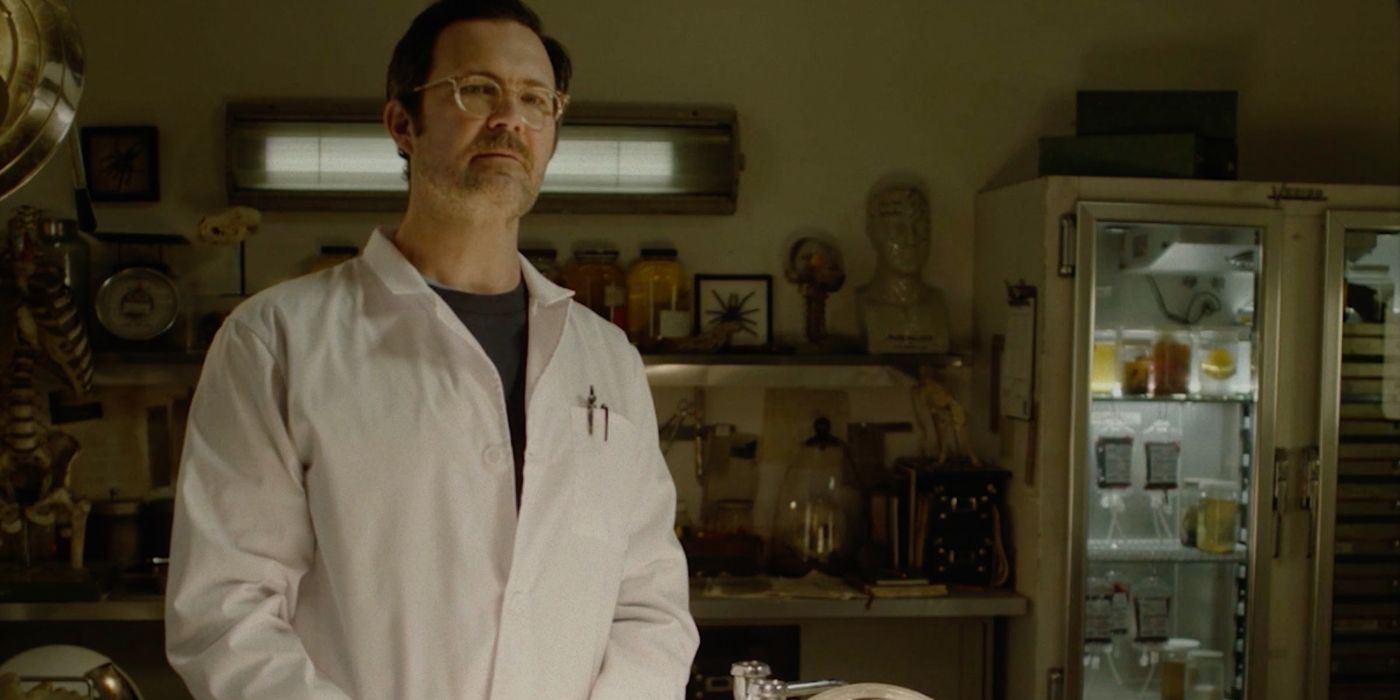Norman Lear died Tuesday, December 5th, at the age of 101 at his home in LA. The headlines mourn his passing. What they miss is his victory.
Norman Lear lived to be 101 years old. That’s a startling achievement.
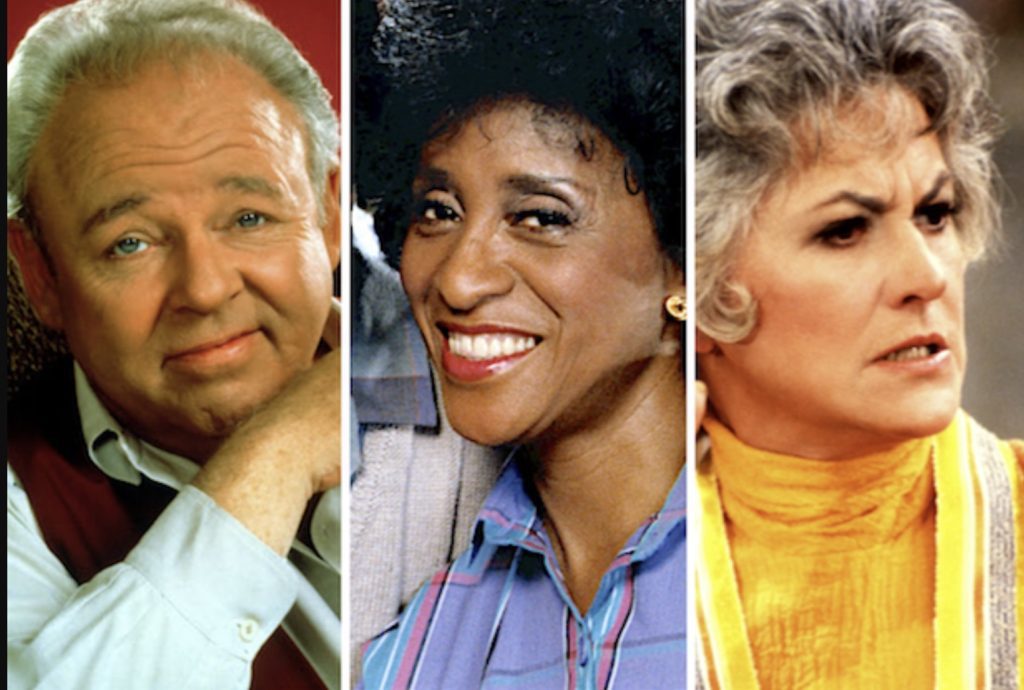
Why was Lear able to live so long? In part, because he cherished the joys in life. He said, “Life is made up of small pleasures. Happiness is made up of those tiny successes. …And if you don’t collect all these tiny successes, the big ones don’t really mean anything.”
Eight years ago, Lear added that, “I’ve lived my life moment to moment, day to day, and even though I appear 93, I never lost my childlike view of the world.”
Who was Norman Lear? One New York Times headline says that Lear’s “Comedies Changed the Face of TV.” Another New York Times headline adds that Lear was “TV’s Greatest American.” The Washington Post explains that Lear was the man who “brought social commentary to the sitcoms.”
Norman Lear created or developed over 100 TV series. Those series included iconic shows like All in the Family, the Jeffersons, Maude, Sanford and Son, Mary Hartman, Mary Hartman, One Day at a Time, and Different Strokes. Lear was nominated for eighteen Emmies and won six. He won two Peabody Awards and the Peabody Lifetime Achievement Award. He made the Television Academy Hall of Fame in 1984, and was given the National Medal of Arts in 1999 by President Bill Clinton.
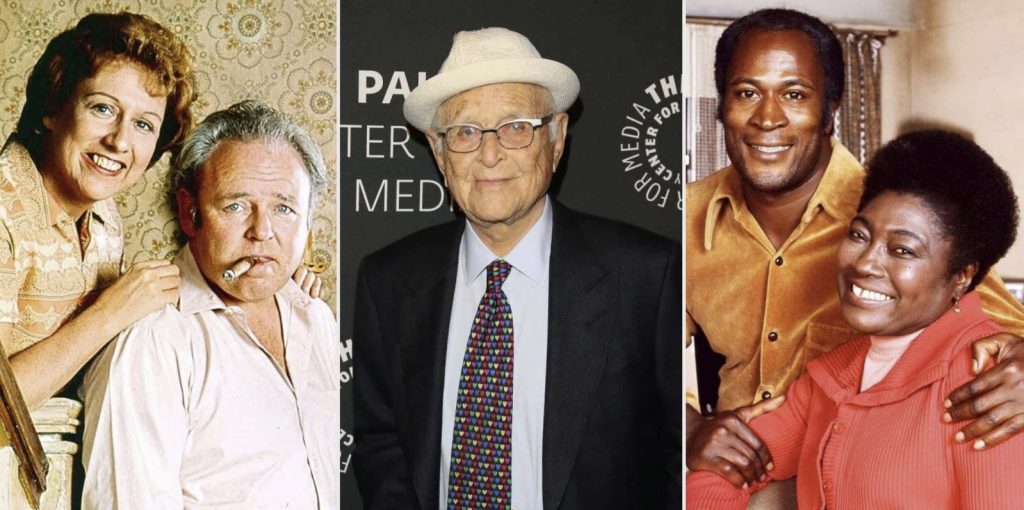
Beginning in 1959, Lear produced up to nine TV series in a single year.
Variety says that from 1972 to 1975, Lear often monopolized the top two slots in the ratings, with All in the Family at number one and Sanford and Son at number two.
What’s more, Lear inspired two films from the actor who played Meathead In All in the Family, Rob Reiner. Those films were Spinal Tap and The Princess Bride.
The celebrities who’ve issued statements or online postings expressing their love for Norman Lear are revealing. They include Jimmy Kimmel, Jane Fonda, George Clooney, Rita Moreno, Ben Stiller, Mark Ruffalo, Alec Baldwin, William Shatner, Disney head Bob Iger and Al Gore and Nancy Pelosi.
Tyler Perry says Lear’s shows saved his life. They were the only thing, he recalls, “that brought laughter and joy to me as a child, who was living a daily nightmare.” What’s more, the example of Lear’s life, says Perry, “taught me to dream a bigger dream.”
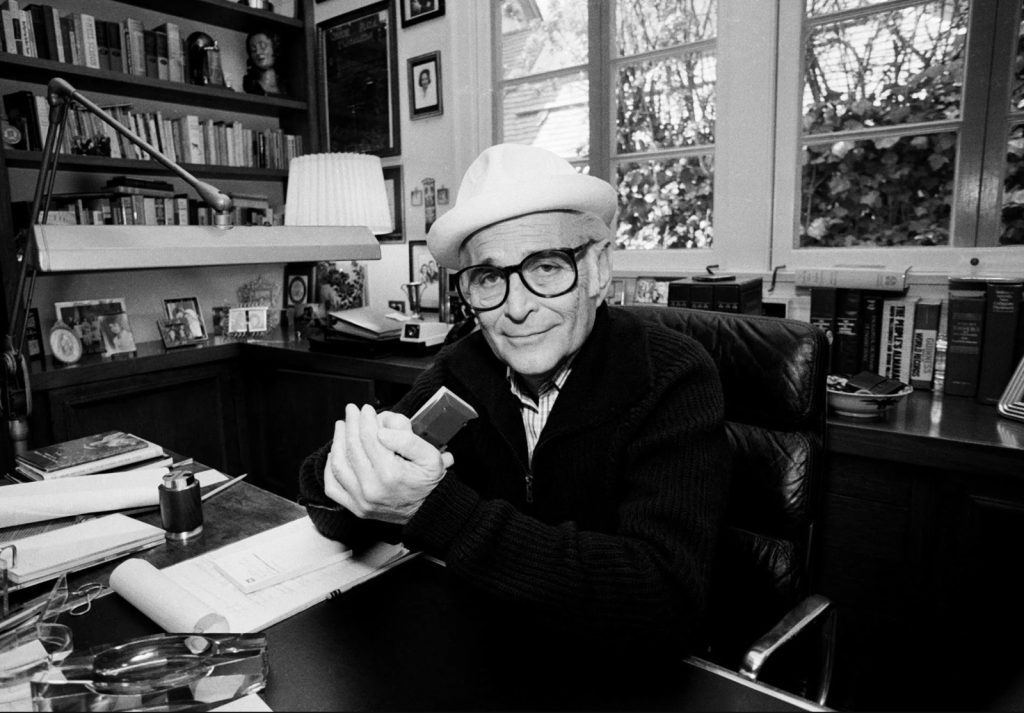
Says Rita Moreno, “our nation has lost a treasured looking glass.”
Norman Lear’s life was not easy. He grew up in New Haven, Connecticut. His father went to prison for three years when Norman was nine years old. His dad’s crime? Selling fake bonds. Lear’s mother had to come up with the money to keep the family going.
Then, when his father returned, the arguments between his parents were nuclear. Recalls Lear, “I used to sit at the kitchen table and I would score their arguments. I would give her points for this, him points for that, as a way of coping with it.” These arguments would later inspire the conflicts in All in the Family.
Things did not get any easier when Lear went off to college. Says Variety, “He dropped out of Boston’s Emerson College to enlist in the U.S. Air Force in 1942, and served as a radio operator and gunner on B-17 bombers in the European theater, flying 52 missions.” In other words, Norman Lear was among the tiny 25% who survived the flack and anti-aircraft fire that downed American airplanes dropping bombs on Nazi territory.
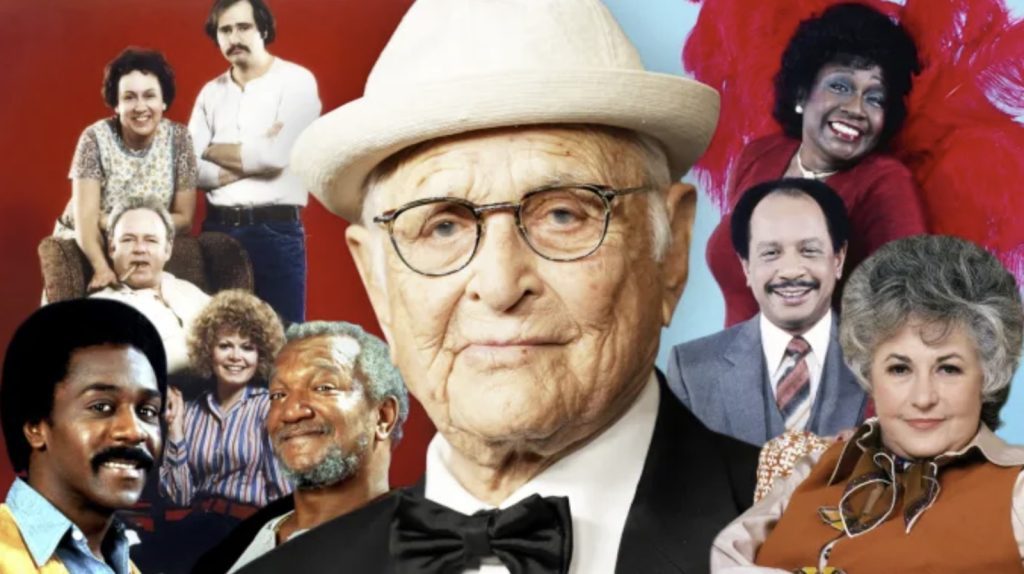
In the early eighties, at the height of his success, Lear went broke and was almost forced to sell his house. He recalls, “”Having heard that we’d fallen into such dire straits, my son-in-law phoned me and asked how I was feeling,” Lear wrote. “My answer was, ‘Terrible, of course,’ but then I added, ‘But I must be crazy, because despite all that’s happened, I keep hearing this inner voice saying, ‘Even this I get to experience.'” And that is what Norman Lear would title his 2014 book, Even This I Get to Experience.
Norman Lear was a collector of extreme experiences. And those experiences expanded his empathy. Another factor in his success.
Lear also founded the liberal group People for the American Way in 1981. But that organization was not created to widen the political fractures in our society. It was created to heal them. Which was very typical of Norman Lear.
For a reason you wouldn’t expect. Lear said that he had spent a good part of his life watching live studio audiences and looking for belly laughs. The belly laugh is a very elusive beast. It expresses something in us that has no words. Something inside of us that even we don’t see. Something that has no way to speak until it’s tapped by humor. That something is the soul. Your soul and mine. Politics has many words. The source of the belly laugh has few. It gets its voice through comedy.
Lear’s quest for the belly laugh made him realize that politics belonged in his shows. He said, “we were working before, on average, 240 live people – if you could get them caring, the more they cared, the harder they laughed.”
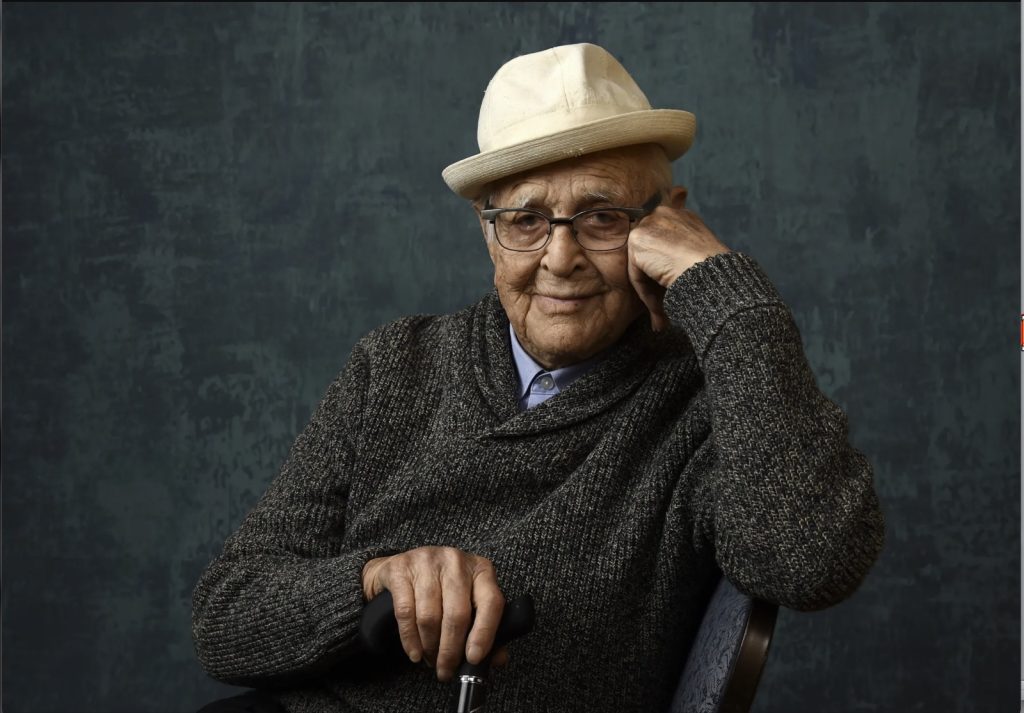
Political issues like “racism, abortion, homosexuality, [and] the Vietnam war” got people to care. And in Lear’s comedies, he let opposing voices speak. All in the Family’s Archie Bunker was a rock-solid conservative. His son-in-law Meathead was a liberal. The comedy came when the sparks flew between them.
Meanwhile, Norman Lear has left us a lesson to live by and a standard to meet. Recalls Too Close for Comfort actress Lydia Cornell, “He said he stayed young at the age of 100 by laughing a lot and being grateful for everything.”
And Lear himself concluded that, “Life is about having a good time, and it was a good time.”
References:
Norman Lear, Even This I Get to Experience, The Penguin Press, 2014.
https://variety.com/2023/tv/news/norman-lear-dead-dies-tv-legend-all-in-the-family-1235823995/
https://www.brainyquote.com/authors/norman-lear-quotes
https://www.foxnews.com/entertainment/norman-lear-legendary-screenwriter-producer-dead-101
https://www.nickiswift.com/338352/the-untold-truth-of-norman-lear/
https://people.com/stars-pay-tribute-to-norman-lear-after-death-8411312
https://www.wnycstudios.org/podcasts/deathsexmoney/episodes/all-family-norman-lear
Howard Bloom of the Howard Bloom Institute has been called the Einstein, Newton, and Freud of the 21st century by Britain’s Channel 4 TV. One of his seven books–Global Brain—was the subject of a symposium thrown by the Office of the Secretary of Defense including representatives from the State Department, the Energy Department, DARPA, IBM, and MIT. His work has been published in The Washington Post, The Wall Street Journal, Wired, Psychology Today, and the Scientific American. He does news commentary at 1:06 am Eastern Time every Wednesday night on 545 radio stations on Coast to Coast AM. For more, see http://howardbloom.institute.

